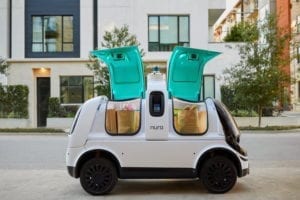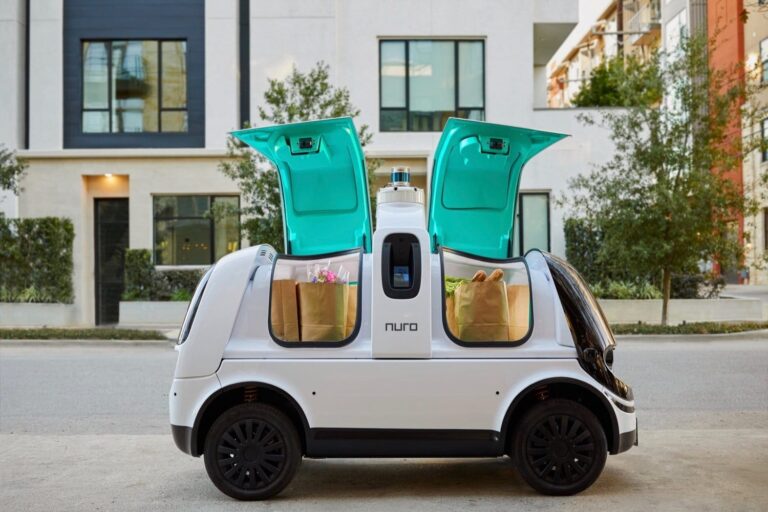Nuro has become the first company to be granted approval by the US Department of Transportation (DOT) and National Highway Traffic Safety Administration (NHTSA) for a self-driving vehicle regulatory exemption.
The decision provides regulatory certainty for Nuro to operate its second-generation R2 self-driving vehicle, which is built to carry packages instead of people.
The decision to grant Nuro an exemption comes after three years of discussion and collaboration with the US DOT.
The custom-designed R2 is designed to support local commerce with last-mile delivery of consumer products, groceries, and hot food from local stores and restaurants.
In the coming weeks, the electric R2 will begin public road testing to prepare for its first deliveries to customers’ homes in Houston, Texas.

The exemption supports Nuro’s deployment of R2 on public roads without certain equipment required for passenger vehicles, such as side mirrors or a windshield.
Rather than custom-making each individual vehicle, Nuro has partnered with Roush, a full-service product development supplier based in Michigan, to develop a more durable custom vehicle body, enabling the vehicle to handle inclement weather.
Nuro has also updated its sensor array with both supplier-provided and custom, in-house sensors.
It has also added two-thirds more compartment space without increasing vehicle width, and introduced temperature control to help keep food fresh.
R2 uses a custom battery solution that nearly doubled the R2 battery size, enabling all day operation.
Dave Ferguson, co-founder and president, Nuro, said: “We founded Nuro on the belief that we could reimagine, design, and develop an autonomous vehicle that would make the world a safer place.
“Our second-generation vehicle will advance our goal of transforming local commerce, and we are gratified that the Department of Transportation is promoting public safety and providing regulatory certainty for the self-driving industry.
“This decision shows that exemption can mean more safety.”





